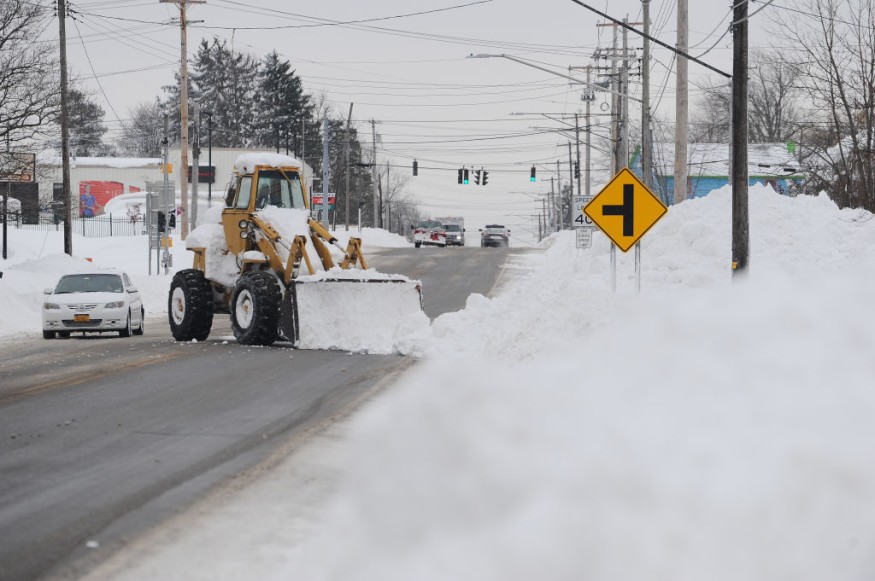Climate change will not make extreme weather events go away, according to scientists.
The recent assertion only reinforces previous predictions that the climate crisis will only make things worse.
In recent years, climate researchers have warned that climate change is here to stay and have not indicated that weather phenomenon, including winter storms, blizzards, and heat waves will disappear.
Extreme Weather Events

Scientists said extreme weather events, like the Buffalo blizzard in late December 2022, could occur more often and more intense as the planet's climate continue to change, as cited by Phys.org.
This aggravating effect is caused by the warming of average air temperatures worldwide for decades, according to the National Oceanic and Atmospheric Administration (NOAA).
The US agency explains the warming makes the atmosphere hold more water vapor in some locations, increasing the potential chance for extreme rain and snow events.
Climate Change: Weather and Climate
Scientific studies have shown that extreme weather events like heat waves and large storms are likely to become more frequent or more intense due to human-induced climate change, according to the United States Environmental Protection Agency (EPA).
These worsening natural events are mainly a result of rising global average temperatures or global warming that leads to changes in weather patterns.
The EPA warns long-term changes in climate can either directly or indirectly impact different aspects of society in potentially disruptive ways.
For instance, warmer average temperatures could spike air conditioning costs and accelerate the spread of diseases like Lyme disease, but it could also improve conditions for budding some crops.
21st Century Extreme Weather
One of the most evident consequences of global warming is an increase in the frequency and intensity of extreme weather events.
In the US, the number and strength of heat waves, heavy precipitation, and major hurricanes have increased, according to the National Climate Assessment, as cited by the Center for Climate and Energy Solutions (C2ES).
The NOAA said the following extreme weather events have been reported across the US between January 2000 and January 2022:
- severe storm
- freeze
- flood
- wildfires
- winter storm
- tropical storm
In the case of storms and droughts, the C2ES stated that sea level rise increases the strength of coastal storms and warming can place more stress on water supplies during droughts.
In relation to the assessment, scientists from other research even predicted that these conditions could further escalate by the end of the 21st century unless we take significant action like cutting down climate-damaging emissions.
Climate Change Boosts Extreme Weather
Amid contestations from non-believers, scientists have detected a stronger link between the warming of the planet and its changing weather patterns; with an emphasis that climate change boosts extreme weather, according to the Environmental Defense Fund (EDF).
However, the EDF points out that it is hard to determine whether climate change intensified a particular weather event.
Nevertheless, the trend is clear that the world is experiencing hotter heat waves, drier droughts, larger storm surges, and greater snowfall.
© 2025 NatureWorldNews.com All rights reserved. Do not reproduce without permission.





